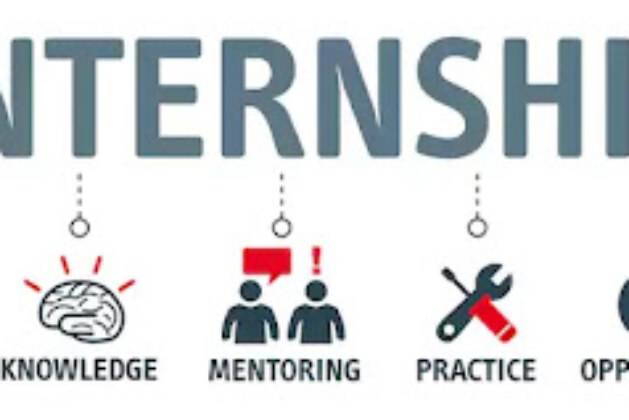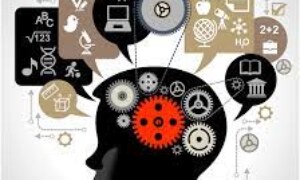In today’s competitive world, academic qualifications alone are no longer sufficient to stand out. While classrooms offer foundational knowledge, real-world experience is what truly prepares students for the challenges of their chosen careers. Internships serve as the essential bridge between theory and practice, offering students the chance to apply their skills, gain practical exposure, and shape their professional future.
Table of Contents
Introduction
Education equips students with theoretical knowledge. But when it comes to understanding how things work in a real-world setting, nothing beats hands-on experience. It offer that critical experience, enabling students to apply their academic learning to actual workplace scenarios. For both students and employers, internships are more than just a temporary work arrangement—they are an investment in growth, confidence, and competence.
Why Theory Alone Isn’t Enough
Classroom learning is fundamental. It introduces students to concepts, models, and problem-solving frameworks. However, textbooks can’t fully simulate the complexities of real work environments—like managing clients, collaborating across teams, or adapting to fast-changing business needs. Internships allow students to engage in these dynamics early on.
Examples of the gap between theory and practice include:
- Learning coding languages in class vs. debugging real-world software issues.
- Understanding business strategies vs. working with actual market data and analytics.
- Studying supply chain models vs. resolving live logistics problems.
How Internships Fill the Gap
1. Hands-On Learning
Interns get the opportunity to see how their academic knowledge is applied in daily work. They work on projects, assist professionals, and often contribute in meaningful ways. This builds both skill and confidence.
2. Exposure to Work Culture
Internships expose students to professional etiquette, communication norms, and time management—none of which can be taught through textbooks.
3. Skill Development
Beyond technical skills, internships hone soft skills like teamwork, leadership, critical thinking, and adaptability—key qualities that employers look for.
4. Networking Opportunities
Interns build professional connections that may lead to job offers or mentorship. A strong network can be as valuable as a degree in today’s job market.
5. Clarifying Career Goals
Experiencing a job firsthand can help students decide whether that path is truly right for them. It can also help them specialize or pivot early in their academic journey.
The Employer’s Perspective
For companies, These are a low-risk way to scout and nurture young talent. Interns bring fresh ideas and energy, while also gaining training in the company’s systems and culture. In many cases, internships serve as a trial run for future full-time employment.
How to Maximize the Value of an Internship
- Be Proactive: Take initiative, ask questions, and seek feedback.
- Reflect and Learn: Treat every task as a learning opportunity.
- Document Your Experience: Maintain a log of your contributions, challenges, and lessons learned.
- Build Relationships: Stay in touch with mentors and colleagues.
- Align Internships with Career Goals: Choose internships that complement your academic and career interests.
The Future of Work and Internships
As workplaces evolve with AI, digital transformation, and hybrid models, internships are becoming even more critical. They offer a sneak peek into future work environments and equip students with skills relevant to tomorrow’s challenges.
Educational institutions are also recognizing this shift by integrating internships into their curriculum or making them mandatory for graduation. This ensures students don’t just graduate with a degree, but with industry experience too.
Conclusion
Internships are no longer optional—they are essential. They provide the practical insight, real-world exposure, and professional grounding that classroom learning cannot offer alone. For students aiming to transition smoothly from academia to industry, internships are the missing link that makes learning complete and careers take flight.
Read More: Bioinformatics: Where Biology Meets Data Science to Revolutionize Healthcare and Research




